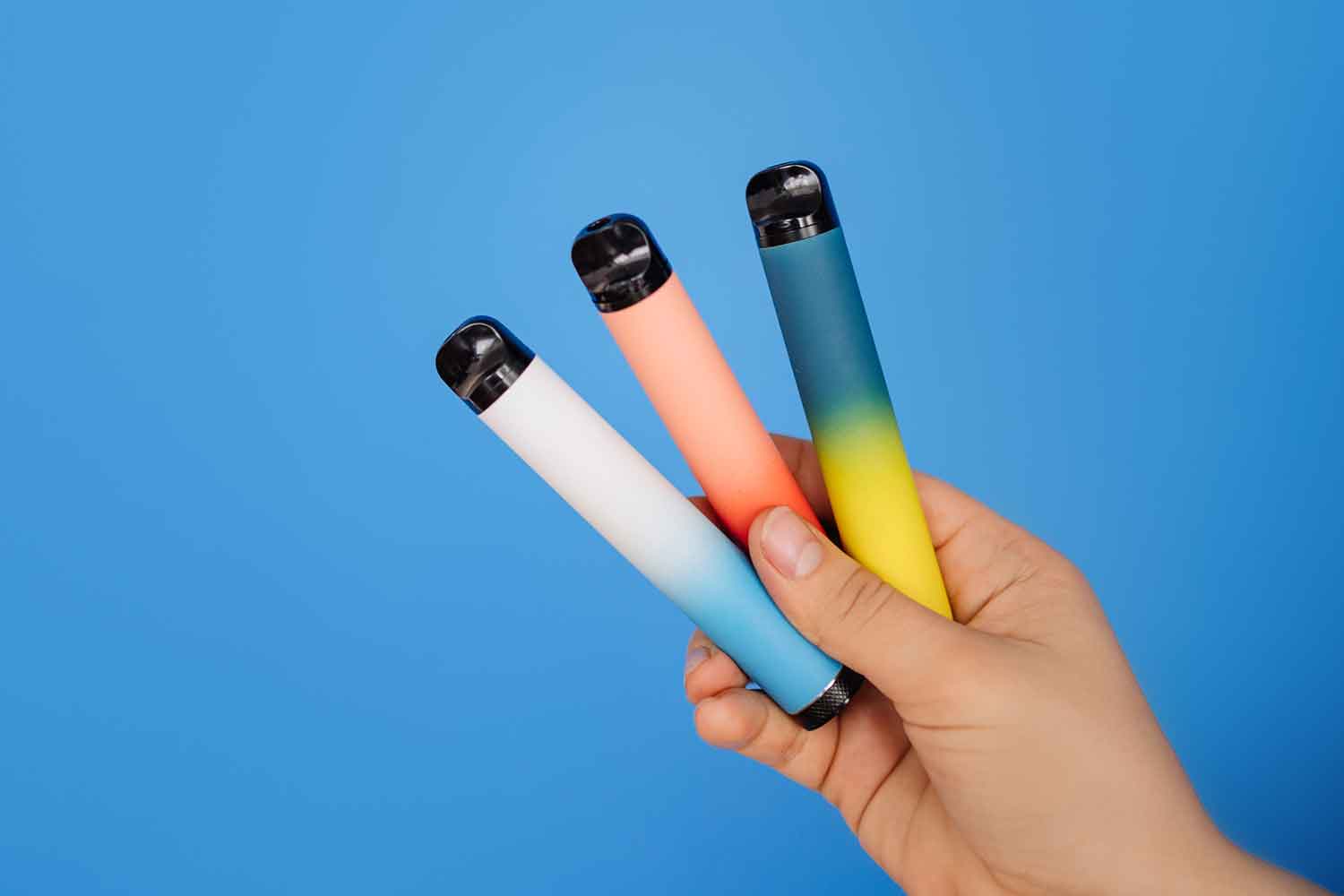
A ban on disposable vapes, currently being considered by the U.K. government, could discourage the use of e-cigarettes among people who are trying to quit smoking, according to a new study led by researchers from University College London (UCL) and funded by Cancer Research U.K.
Published in the journal Public Health, the study looked at survey responses from 69,973 adults in England, Wales and Scotland between January 2021 and August 2023.
The researchers found the proportion of adults using disposable e-cigarettes rose from 0.1 percent to 4.9 percent during that period. The increase was particularly pronounced among 18- to 24-year-olds, with 14.4 percent using disposable vapes in 2023, as well as among smokers (16.3 percent) and people who had stopped smoking in the past year (18.2 percent).
Use among people who had never regularly smoked was relatively rare (1.5 percent) but was higher among 18- to 24-year-olds, of whom 7.1 percent used disposable e-cigarettes and had never regularly smoked tobacco.
“Our study suggests a ban on disposable e-cigarettes would affect an estimated 2.6 million people in England, Wales and Scotland,” said lead author Sarah Jackson, of the UCL Institute of Epidemiology & Health Care, in a statement.
“This group includes about 316,000 18- to 24-year-olds who currently use disposables but who have never regularly smoked tobacco. However, it also includes 1.2 million people who currently smoke and would benefit from switching to e-cigarettes completely, and a further 744,000 who previously smoked and may be at risk of relapse.
“While banning disposables might seem like a straightforward solution to reduce youth vaping, it could have substantial unintended consequences for people who smoke.
“In the event of a ban, it would be important to encourage current and ex-smokers who use disposables to switch to other types of e-cigarettes rather than going back to just smoking tobacco.
“In addition, we found disposable use to be particularly prevalent among recent ex-smokers with a history of mental health conditions. This group may require targeted support to help them avoid relapse.”

While banning disposables might seem like a straightforward solution to reduce youth vaping, it could have substantial unintended consequences for people who smoke.
Lead author Sarah Jackson, UCL Institute of Epidemiology & Health Care
The research team used data from the Smoking Toolkit Study, in which a different sample of 2,450 adults in Great Britain (who are representative of the general population) are interviewed each month.
They found disposable e-cigarette use was significantly higher among adults living in England than Wales or Scotland (5.3 percent vs. 2 percent and 2.8 percent at the end of the study period) and among those from less (vs. more) advantaged social grades (6.1 percent vs. 4.0 percent), those with (vs. without) children (6.4 percent vs. 4.4 percent), and those with (vs. without) a history of mental health conditions (9.3 percent vs. 3.1 percent).
Until recently, the researchers noted, very few adult vapers in Great Britain used disposables, but in 2021 new disposable e-cigarettes entered the market with designs and branding that appealed to young people, causing use of disposables to quickly rise in the U.K. and elsewhere. These products are available widely, for instance in corner shops, and are sometimes promoted via colorful in-store displays.
While they are convenient to use, with a very low upfront cost, they have also become an environmental problem, with millions of the devices reportedly thrown away in the U.K. each week.
A ban may discourage use of e-cigarettes among people trying to quit smoking and may induce relapse among those who have already used disposables to quit.
Senior author Jamie Brown, UCL Institute of Epidemiology & Health Care

“There is a need for action to reduce disposable vaping among young people who have never smoked,” said senior author Jamie Brown, a professor at the UCL Institute of Epidemiology & Health Care. “However, trade-offs need to be carefully considered. A ban may discourage use of e-cigarettes among people trying to quit smoking and may induce relapse among those who have already used disposables to quit. Cigarettes are far more harmful to our health and are not currently banned and a ban on disposable e-cigarettes may signal to large numbers of people that these products are worse for our health or that their harm is comparable to that caused by smoking tobacco. I favor a range of alternative policies, in the first instance, allied with rapid evaluation to judge whether these are sufficient to achieve reductions in youth vaping.”
In the paper, the researchers outlined other measures to strengthen the regulation of disposable vapes that had a reduced risk of unintended consequences, such as causing relapse among ex-smokers.
These included prohibiting branding with appeal to children (e.g., bright colors, sweet names and cartoon characters), prohibiting promotion of e-cigarettes in shops, putting e-cigarettes out of sight and reach of children, and putting an excise tax on disposables to raise the price to the same level as the cheapest reusable e-cigarettes. Defining disposables may prove problematic so a minimum unit price may be more a straightforward alternative to reduce their affordability and is something that could be implemented quickly.
The researchers noted that their data might underestimate prevalence of disposable vape use. This is because survey respondents were asked which type of e-cigarette they mainly used, so people who used disposables as a secondary product were not captured.
In addition to Cancer Research UK, the study received support from the U.K. Prevention Research Partnership.




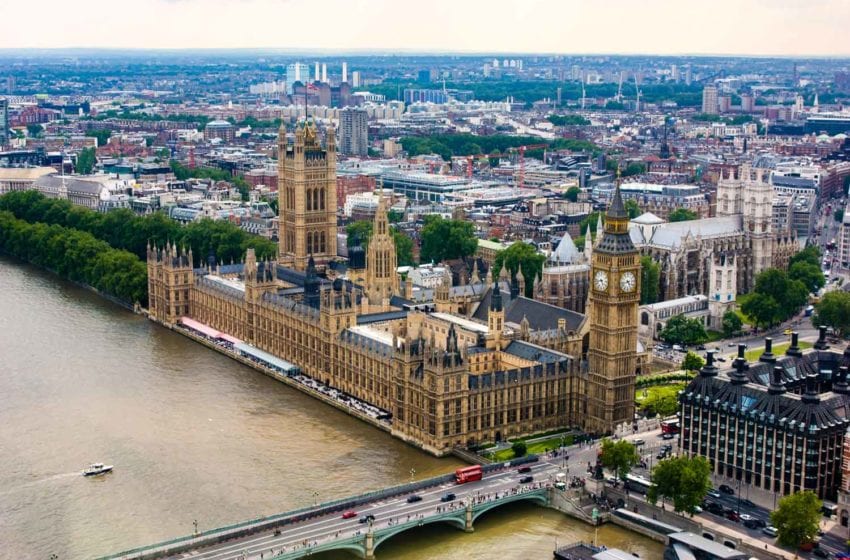
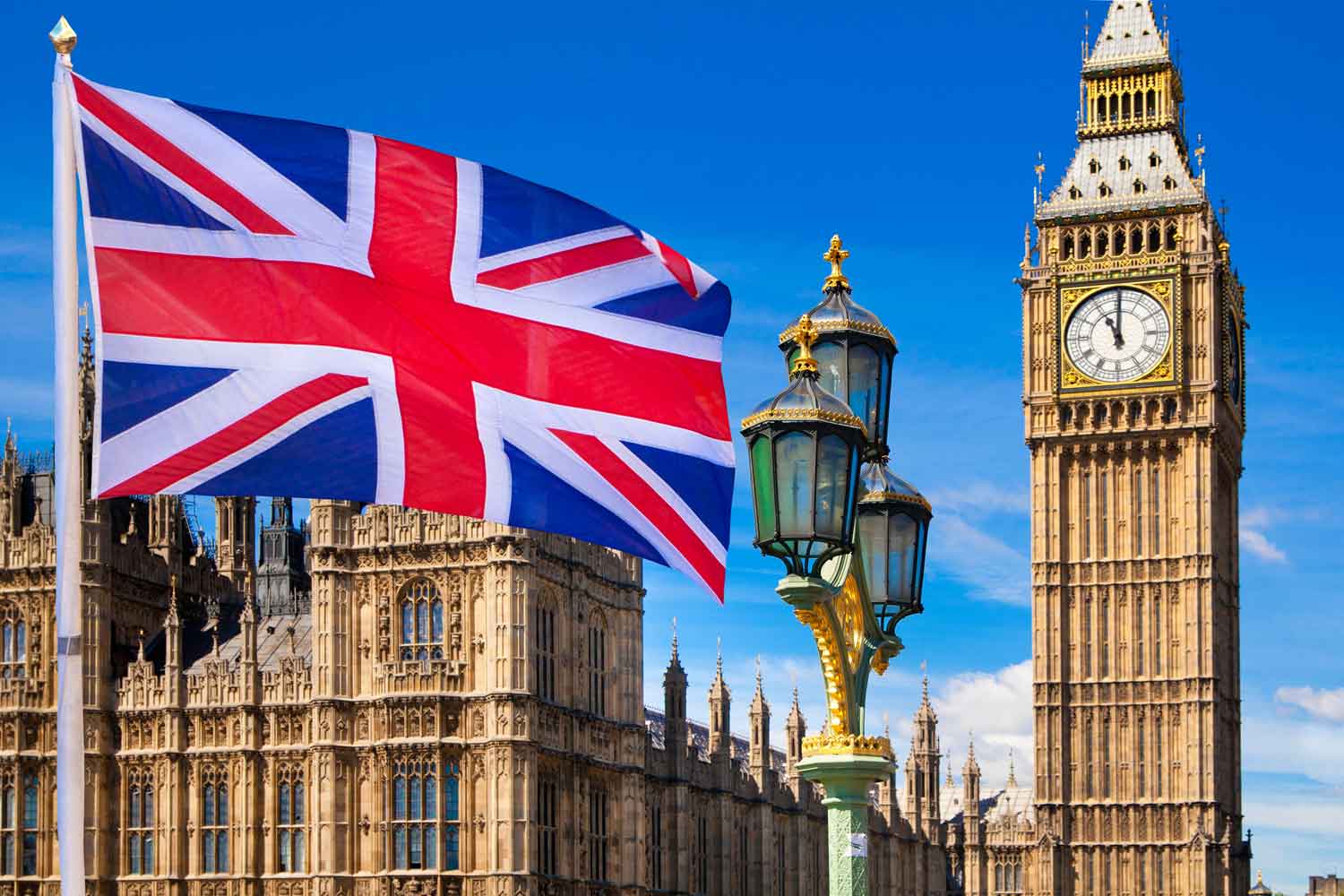




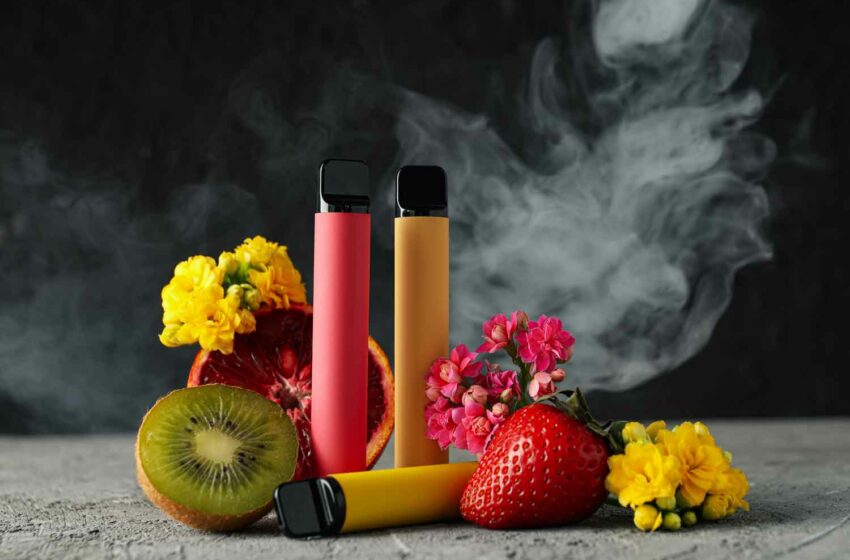









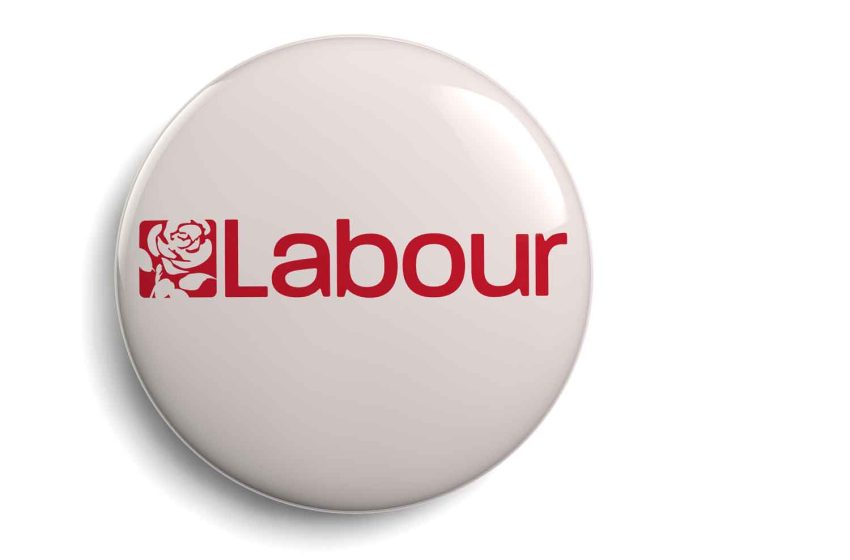
 The U.K. will embrace a New Zealand-style generational tobacco ban if the Labour Party wins the next elections, reports the
The U.K. will embrace a New Zealand-style generational tobacco ban if the Labour Party wins the next elections, reports the